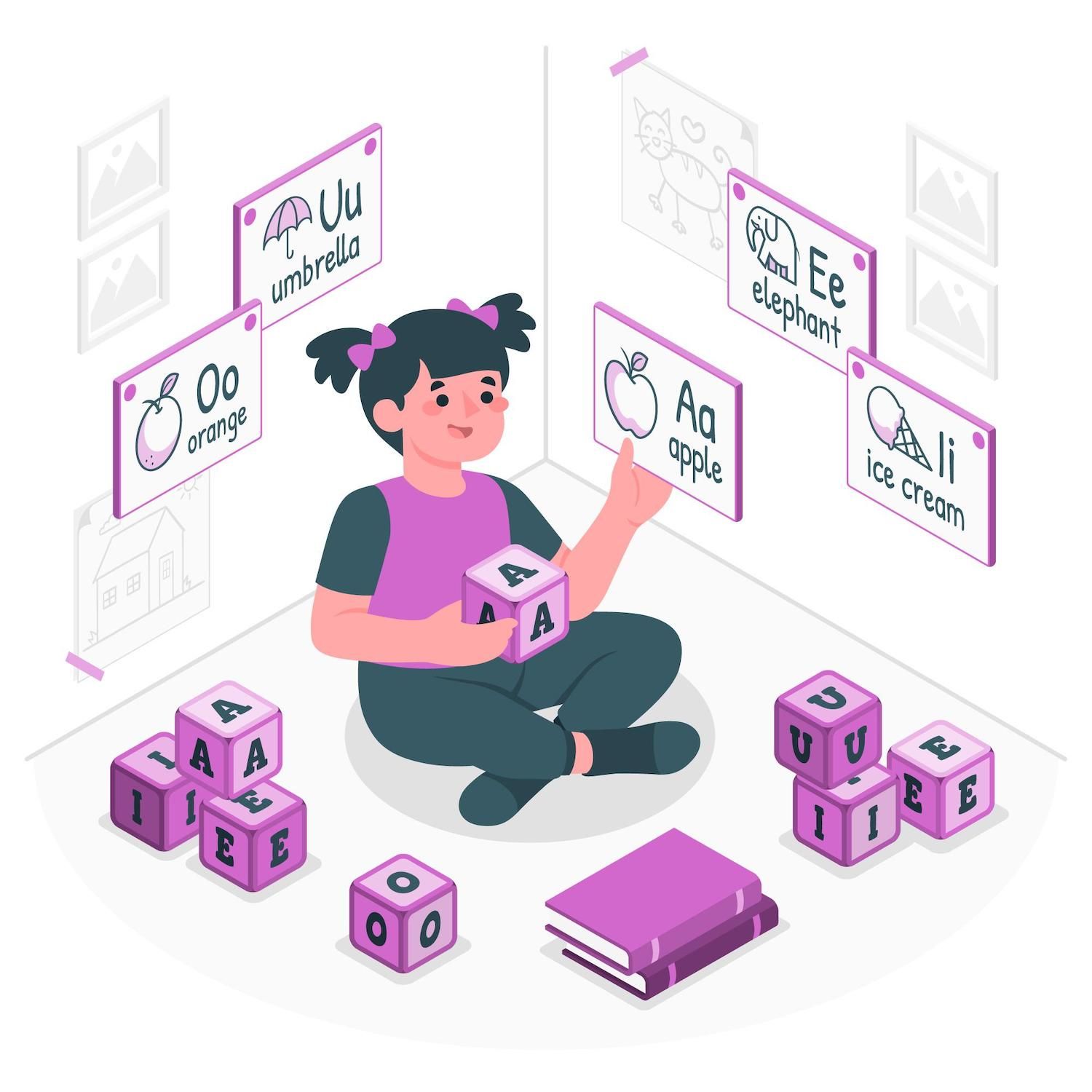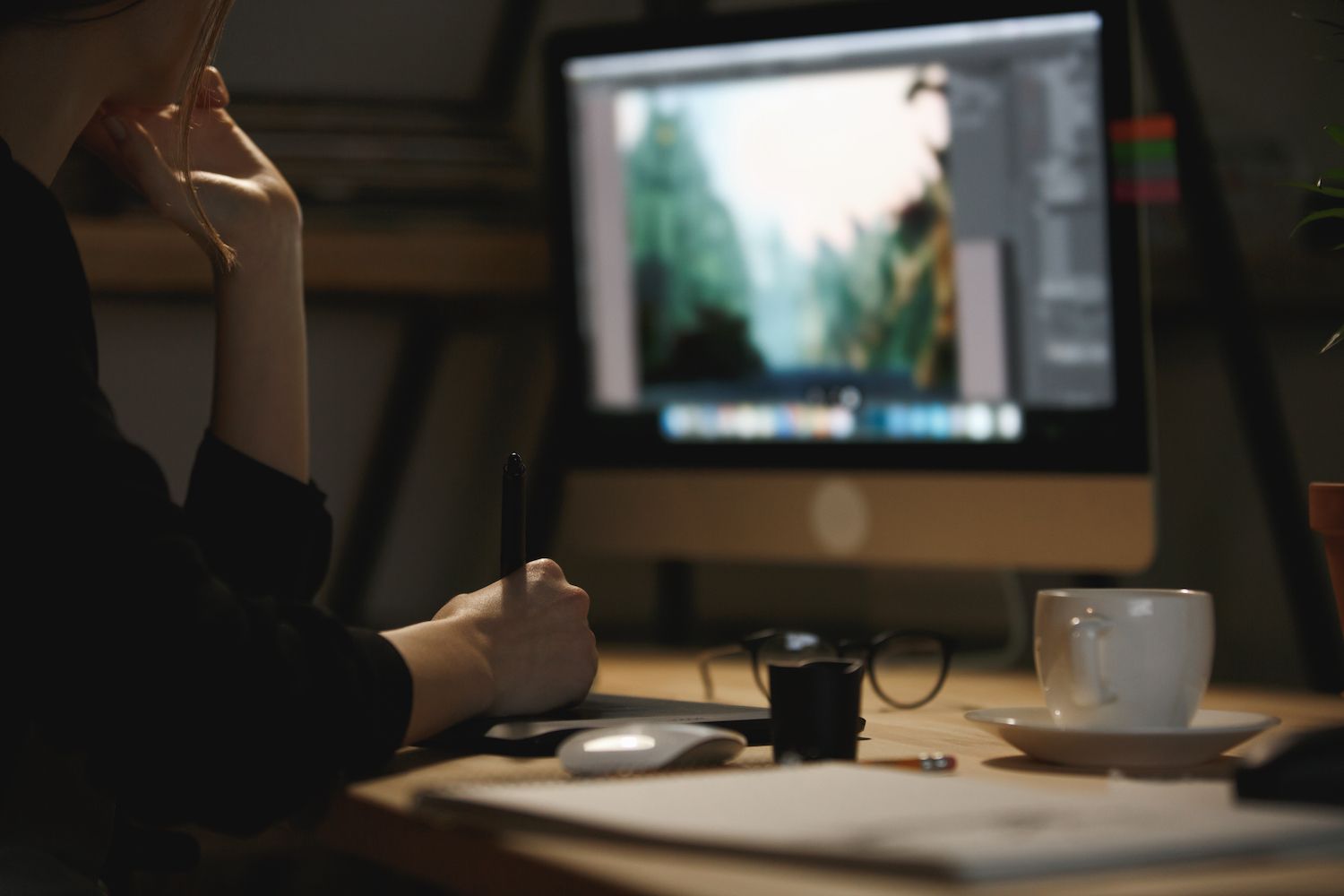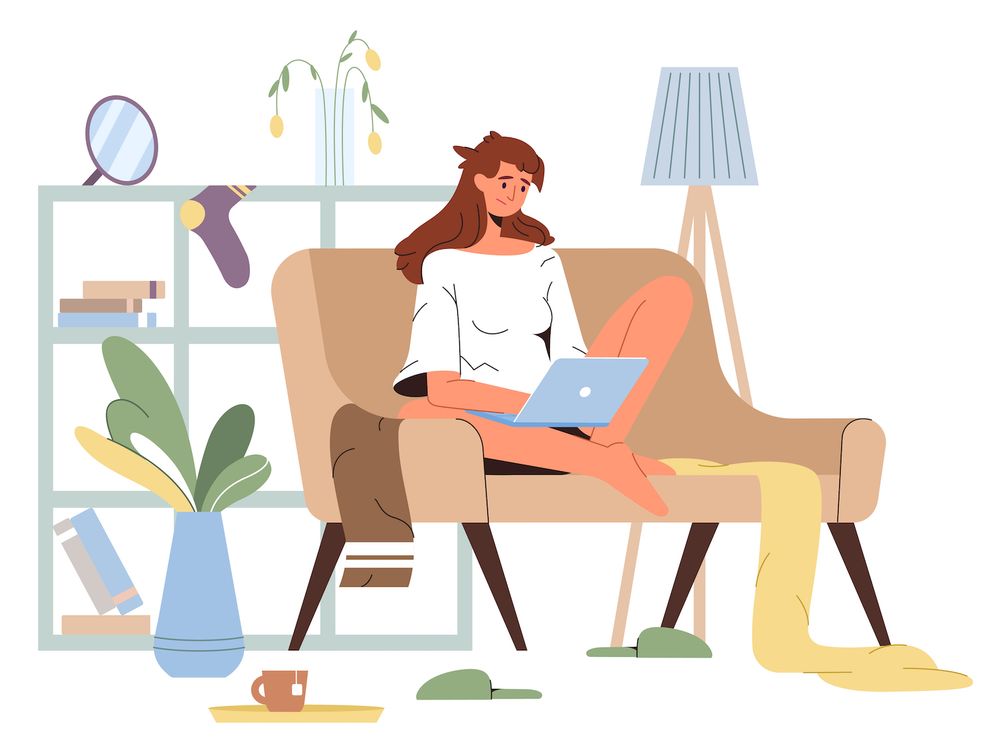Terms

"JoClub refers to the Journaling Club, but also makes sense because of my name." Jo Franco begins. "When I began writing, I knew I had these big feelings and I had siblings older than me who did not want to hear about that. So I would write."
"I was born without a passport living in the shadows, hiding from authorities, and speaking Portuguese and trying to learn English and stumbling through the maze," she recalls. "I learned a bunch of other languages because I was obsessed with being accepted. Meanwhile, I was very misunderstood because I was an odd child. I looked different to everybody around me. I was the youngest kid therefore I had this quiet voice, and a quiet personality.
"Of course, it's easy for me to think back now that's what it was however, in the moment I was in a state of agony of 'Why am I misunderstood I'm not understood?', and we all go through this."
Happily, Jo had the tool to journal: "I had a more empathetic relationship with myself of simply observing and not making judgements. I wrote about all this negative stuff, but I know good things occurred in my life. I began to alter not only what I wrote and then, in a bizarre way, reverse engineering how I see things because I wanted to see positive things. It was necessary to see positive aspects to find positive thoughts for writing about. I became a more positive person. It helped me become more optimistic."
Making sense of the situation
While attending university in Manhattan, Jo was overwhelmed by the number of voices she competed with. But she found much-needed space in her journal. "It didn't matter if I resided located in the States or on a trip, I always had this tool that allowed me to return home to me.

"My "why" gives people that same confidence of "You're got this, no matter how ugly the circumstances can be. In addition, you can help yourself emotionally, but it's also lovely to record your experience - because in documenting it you can show a tiny gesture of gratitude that it even began to happen. You'll always fit in your personal space and within your own thoughts."
"There's scientific evidence to back this assertion," she says. "There have been clinical trials of recording gratitude as a method of medicine. When people write down their gratitude and gratitude will be more satisfied."
"Give your mind relief. Take the weight out of your mind and write it down on paper. When you write about unpleasant things, you give you a distance that allows you to process it with an empathetic reaction. The emotions can make us insane. They're the source of all things; at the source of confidence, at the base of charisma, and at the root of being in a space and being able attract positive energy."
"Maybe this could be a membership"
Jo was certainly a lot of goodness by 2020. With her YouTube channel, which has more than a million subscribers she was getting paid to travel. "I had this exciting private life but at the same time, I was writing. It was what I really wanted to do: what was really me was journaling."
In January of 2020 she was offered a Netflix position as anchor of The World's Most Amazing Vacation Rentals. "It led me away from YouTube to a more traditional broadcasting. If anybody's ever been on a production stage, they'll know that these hours are very long. They're 16-hour days and it's a lot of 'Hurry up and then wait'. It's time to get ready for makeup, hair, everything's finished. There are lines written to draw in your mind, and then they're like, 'No I'm not kidding, we have to pause""

When she would pause that would last for a long time, Jo would write. "Writing was something I loved and I wanted to make it into a profession." After covid came on and the show ceased, her main source of income dwindled.
"I felt anxious like everyone else. I decided to share photos from my journals. Then, 100 days later and I began sharing my journal with the world on Instagram Stories. I thought, "Hey I think this could be something that could be a membership - perhaps people would pay to be inside a virtual space alongside me, and write as a group. That's the way JoClub was born. That was 4 years ago. Which seems crazy!"
During the Netflix show, Jo realized that journaling was the lens through her eyes that she saw the world. "It wasn't just a hobby. When you're traveling every two days, you're exhausted. There's something you're doing completely unrelated with the work you're payed for.

"You realise, this is how I make sense of the world. It's a way of life. It became clear for me to put aside all the other stuff, that the main thing they cannot take away from me is writing. It was important for me to bake that into my next chapter in my professional life."
Her work is bigger than she can imagine.
Jo threw herself into her project. "I posted three videos a week, in three languages. I was required to employ employees, then dismiss them. I was able to learn how to build a machine for content."
Something had to change. "I didn't want to always be working. If you're tired or burnt out, which is common among creators it's unlikely that you'll be able to make money. I've realized that if I want to pursue an occupation I'm planning to maintain for the foreseeable future, I need to find an avenue to take my face from some of opportunities to earn money."
Jo wanted to create something larger than her. The journaling group was launched with a bang on Zoom: "The membership started at $19 a month and the benefit was one live call a month and I'd send out daily journal prompts to everyone's inbox."

She was looking to create an experience similar to a yoga class. There were two questions, followed by a discussion, then two more prompts and then breakout rooms. "It was IP (intellectual property)," she recalls. "After six months, I began asking myself: can I educate facilitators on how to conduct these events? In fact, can these facilitators benefit JoClub in ways I never would have thought of? They wanted to "extract the good" and collaborate with the facilitators, who were once members of JoClub, to design an art journaling format, a 'bring your own music' format for musicians who are just starting out, and the like.
"Now we have six plus sessions every month and I'm hosting any number I like," she continues. "Beautiful things that I couldn't imagine happening began to happen: I host retreats and I conducted a pilot project at a university and we're working on different problems. I could not have done it if I kept it in Jo Franco's circle that I was at the top."
Culture and community
"An intriguing aspect of the membership model is that it creates an atmosphere," Jo says. "If you pay to join and they're entering your home. Then you're able to design your home however you like." Jo and her team have researched methods to make more interactive threads so "people are talking in the community spaces, so they're feeling like they're getting what they paid for."

"It's the difference between an audience and a member," she adds. "An audience is likely to interact with what you're posting however it's not necessarily an exchange of ideas. If I share an image and someone comments and I reply in a forum, however with a community that I'm curating, I'm involved in the actual design of what takes place when they join the membership."
Jo has thought several times about the onboarding sequence and how we treat newly joined members. "How do we mitigate that person walking into a room and feeling that they don't know anybody? That is when you start to dial in on the curating of culture, and this is why people stay for years to come."
She is aware that this isn't simple. "It's an art that you have to be passionate about, in order to continually improve, because a membership is a living thing. If you aren't attentive to the news, you will lose every member you've got."
It's clear that Jo has brought the empathy and self-awareness she gained from her journaling into the way she manages her membership. She believes that journaling can help you become aware of yourself. not taught in school: "We're not given tools for processing emotion. It's possible to help yourself when you feel you're sinking. It was difficult for me to comprehend these benefits. It was just a wonderful hobby. As I grew older I realized, 'Damn, I've been hiding my secrets'!"

If people inquire about 'Jo, you're just 30, how have you done all of this?' I wrote it down and it all worked out." she laughs.
More details
To learn more about Jo Franco and to become a JoClub member, visit www.joclub.world. JoClub Go on joclub.world.
